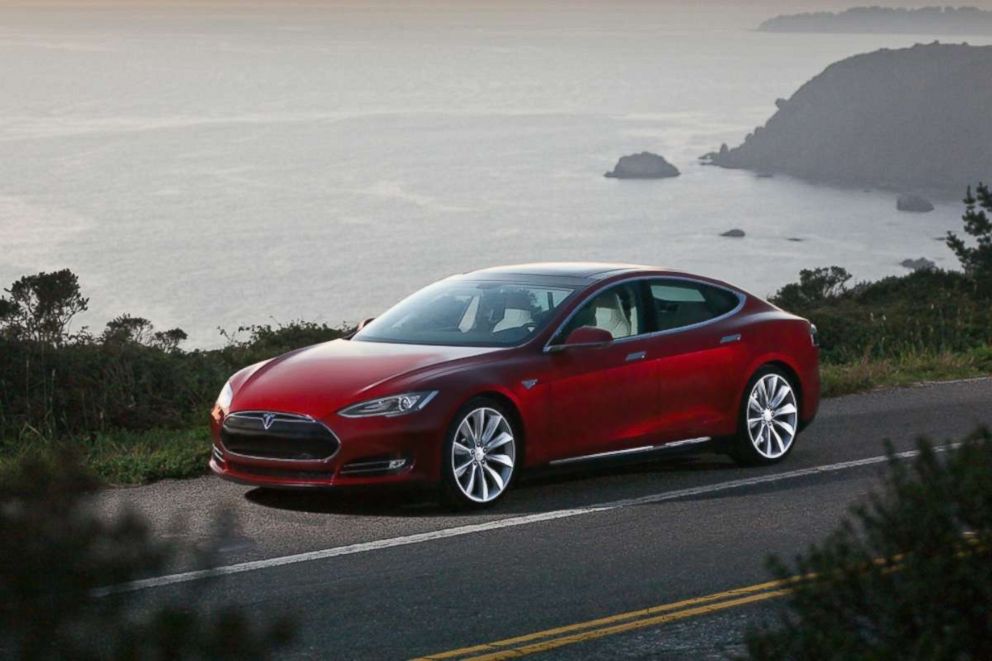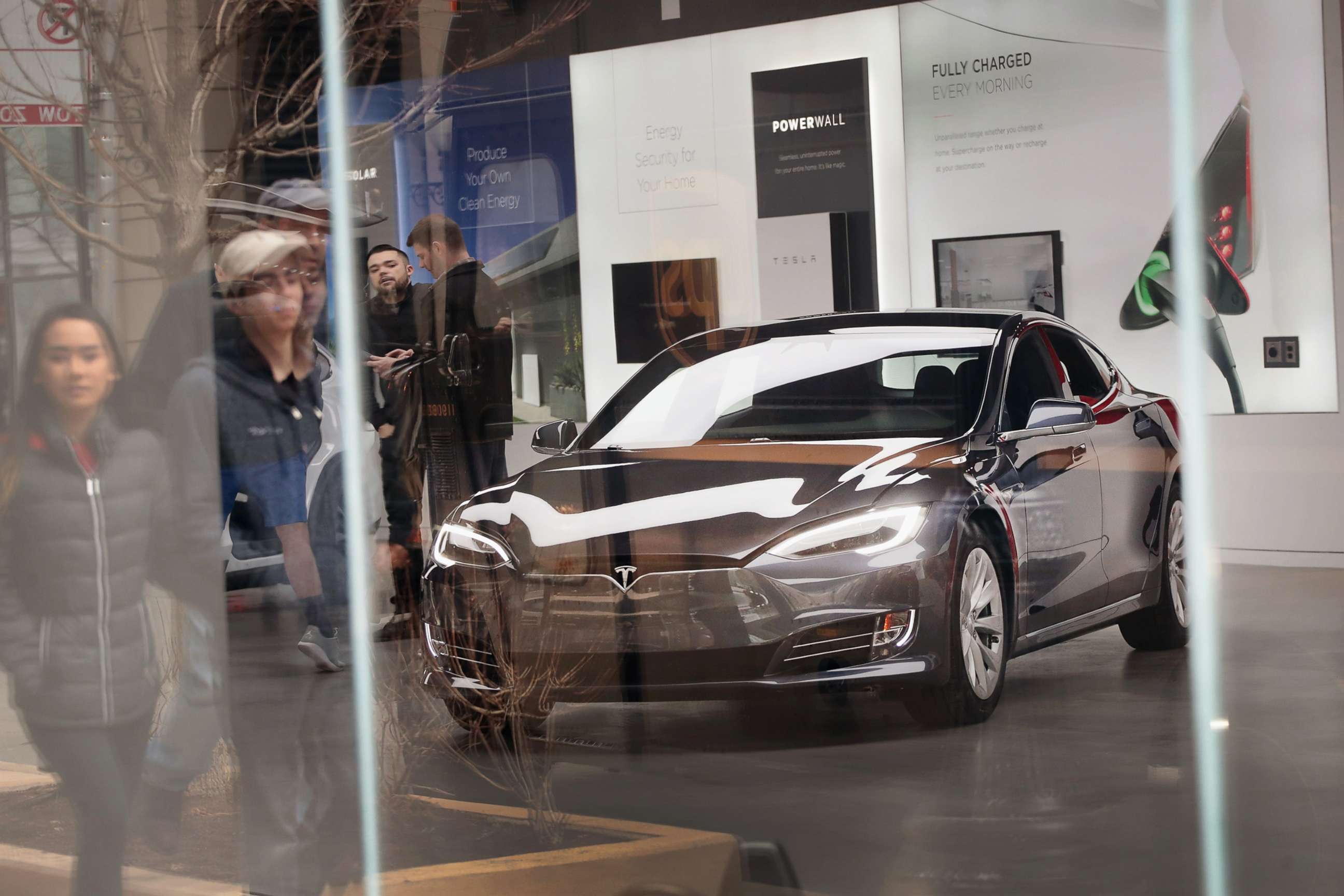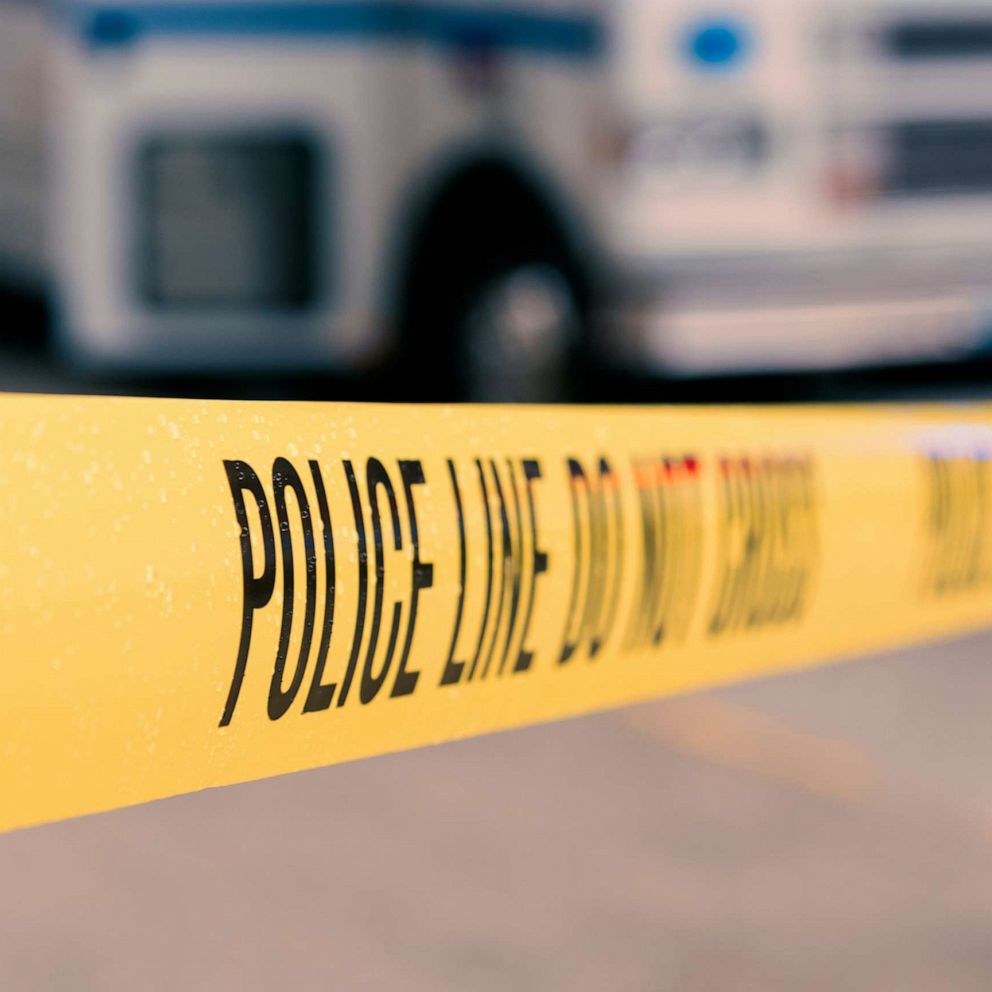Tesla faces 4th federal investigation in latest setback
The latest probe focuses on post-crash fires.
After a fatal crash in Fort Lauderdale, Florida, on Tuesday, the National Transportation Safety Board has launched its fourth active investigation into Tesla.
While three of the investigations are looking into the vehicle's Autopilot function, the latest crash is focused on the post-crash fire; specifically how first responders can best extinguish the blaze of these electric vehicles and transport the lithium-ion battery.
The high-speed crash of a Tesla Model S earlier this week resulted in an intense fire, killing two local high school seniors. Witnesses said they could see the pair still moving inside the vehicle while it burned.
First responders faced a similar challenge in March when another Tesla, this time while using its Autopilot system, crashed in Mountain View, California, and ignited. An investigative source told ABC News that the battery of the vehicle caught fire again a week later after the car was towed to an impound lot.

Federal probes into lithium-ion battery fires are not limited to Tesla vehicles, the NTSB said earlier this week.
“NTSB has a long history of investigating emerging transportation technologies, such as lithium-ion battery fires in commercial aviation, as well as a fire involving the lithium-ion battery in a Chevrolet Volt in collaboration with the National Highway Traffic Safety Administration,” said NTSB Chairman Robert S. Sumwalt.
“In addition, the NTSB is currently investigating a fire involving the transportation of hydrogen gas for fuel cell vehicles. The goal of these investigations is to understand the impact of these emerging transportation technologies when they are part of a transportation accident.”
Tesla is pushing back against any notion that its batteries are unsafe.
"Serious high-speed collisions can result in a fire, regardless of the type of car," a Tesla spokesperson said in a statement to ABC News. "Tesla’s billions of miles of actual driving data shows that a gas car in the United States is five times more likely to experience a fire than a Tesla vehicle."
The fires are just the latest challenge for the Silicon Valley-based company. Tensions between Tesla and the NTSB increased after Tesla released information suggesting a driver in a recent crash was at fault, citing data from the vehicle indicating his hands were not on the wheel prior to the crash. Even when the vehicle is in Autopilot, Tesla drivers are reminded by the vehicle to keep their hands on the wheel.

In April, the NTSB decided to remove Tesla as a party to that investigation, a rare move by the agency, citing the release of investigative information violated an agreement between the company and the agency.
"While we understand the demand for information that parties face during an NTSB investigation, said Sumwalt. "Uncoordinated releases of incomplete information do not further transportation safety or serve the public interest.”
Less than a week after the NTSB accused Tesla of being uncooperative with that federal investigation, Tesla's chief executive, Elon Musk, announced plans to halt production of the Model 3 for a few days due to problems on the assembly line. Production has since resumed and Tesla is showing "encouraging signs" of a potential increase in its production rate, according to Bloomberg.




